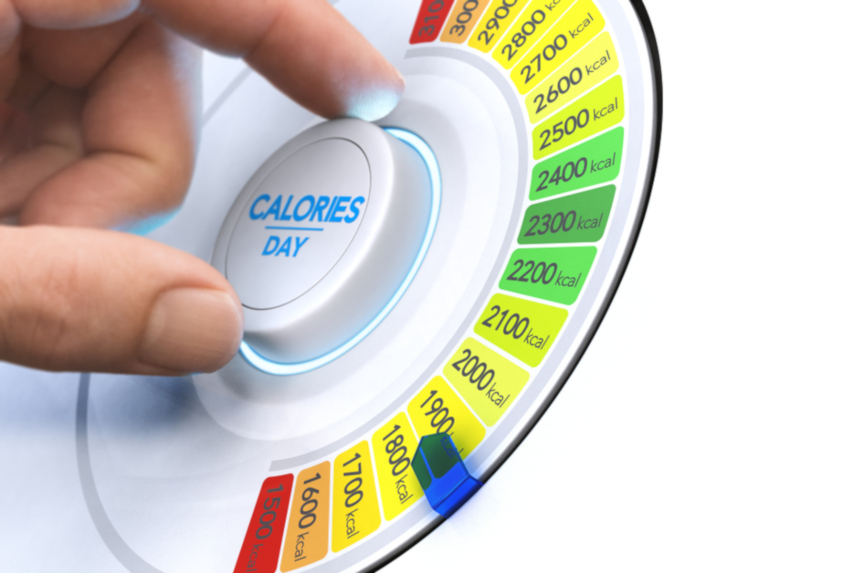“Your Health Checkup” is our online column by Dr. Douglas Zipes, an internationally acclaimed cardiologist, professor, author, inventor, and authority on pacing and electrophysiology. Dr. Zipes is also a contributor to The Saturday Evening Post print magazine. Subscribe to receive thoughtful articles, new fiction, health and wellness advice, and gems from our archive.
Order Dr. Zipes’ new book, Damn the Naysayers: A Doctor’s Memoir.
I like to eat. That’s my problem. Despite exercising daily, I know to lose weight I must combine my workouts with dieting.
If I could cut back just 300 or so calories a day — roughly two slices of buttered white toast, or three large scrambled eggs, or a large bagel, or two glasses of red wine — I’d lose a pound in about two weeks. If I kept it up for a year, I’d shed over twenty pounds, which would be fantastic.
But even more important, a recent study found that amount of caloric reduction had a major beneficial impact on health.
In a study called CALERIE (Comprehensive Assessment of Long-term Effects of Reducing Intake of Energy) funded by the National Institutes of Health, investigators compared a group of 75 non-obese healthy participants having no dietary restrictions with 143 similarly healthy non-obese men and women (21 to 50 years old) eating whatever they wanted as long as they decreased daily caloric intake (the goal was 25 percent reduction).
The dieters reduced caloric intake by about 300 calories a day (13 percent of total calories) mainly eating the same amount of protein as before, but reducing carbohydrates and fat, and eating more fruits, nuts, and vegetables. They enjoyed an impressive improvement in health parameters beyond the 16 pounds they lost over the two years of the study. Dieters had a drop in blood pressure, body fat, cholesterol, inflammatory markers, and improved sugar control, while the non-dieters showed no change in these parameters. Dieters also reported an improvement in quality of life with better sleep, energy, and mood without significant increases in feelings of hunger or food cravings. These results are all the more impressive because the dieters were relatively young, non-obese, and healthy with normal risk markers at baseline.
While multiple studies in laboratory animals have demonstrated that caloric restriction of 10 to 40 percent extends life, there are no such studies in humans. CALERIE only hints at that possible outcome. The diet would have to be extended over many years for it to impact longevity, and therein lies the problem: dietary compliance over a long time period. That is hard to accomplish, especially with the easily available and tempting ultra-processed junk food.
One approach would be switching to the Mediterranean Diet consisting of at least two to four weekly servings of olive oil for cooking, fresh fruits and vegetables, fish/seafood, legumes (peas/beans), sauce made of tomato, onion, garlic and olive oil, white meat, and, for habitual drinkers, seven or more glasses (per week) of wine with meals. That diet has been shown to reduce heart attacks, strokes, and death from cardiovascular disease.
Since over two thousand people die each day in the U.S. from cardiovascular disease — that’s about one death every forty seconds! — the results of studies such as CALERIE and the Mediterranean Diet offer the possibility that healthy dietary choices, including caloric reduction, might help decrease cardiovascular deaths. Diminishing metabolic risk factors at a young age would have a long-term impact.
What should you do? Resist that urge for a between-meal snack, skip dessert, and avoid ultra-processed foods loaded with calories and little nutrition. A grilled salmon steak with grilled asparagus is delicious and healthy instead of a cheeseburger and fries. Reach for a handful of almonds or a piece of fruit when you’re hungry between or after meals.
Take control of your own health by controlling your diet and become your own best cardiologist. Do it now to avoid the consequences later.
Featured image: Shutterstock
Become a Saturday Evening Post member and enjoy unlimited access. Subscribe now



